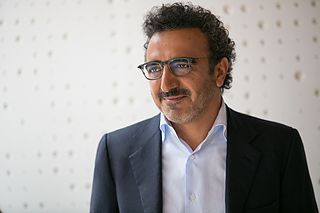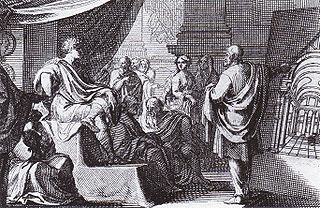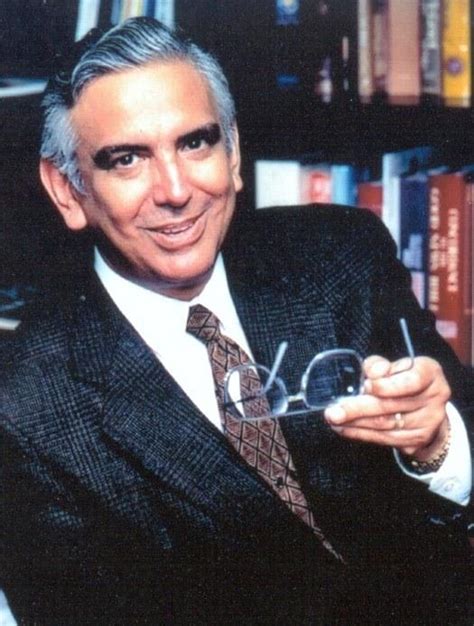A Quote by Quintus Ennius
Ennius was the father of Roman poetry, because he first introduced into Latin the Greek manner and in particular the hexameter metre.
Quote Topics
Related Quotes
To later Romans Ennius was the personification of the spirit of early Rome; by them he was called "The Father of Roman Poetry." We must remember how truly Greek he was in his point of view. He set the example for later Latin poetry by writing the first epic of Rome in Greek hexameter verses instead of in the old Saturnian verse. He made popular the doctrines of Euhemerus, and he was in general a champion of free thought and rationalism.
I lived in the Caribbean when I was a teenager, so I learned about Salsa and Cha-Cha and all these Latin Afro-Cuban music like Gillespie and Duke Ellington, also bridged with Jazz. But my mother is Greek, and so I've also listened a lot to Greek music. And through the years to Balcanic music to Arabic music because my father loved music from Egypt.
The Roman goddess Diana, you know, is usually shown with a bow and arrow. Every first-year Latin student knows that. I still remember the first simple sentence I learned in Latin 'Diana sagittas por tas... Diana carries the arrows.' That helped get me interested in archery as a teenager and I'm still into it a lot.
A glance at the history of European poetry is enough to inform us that rhyme itself is not indispensable. Latin poetry in the classical age had no use for it, and the kind of Latin poetry that does rhyme - as for instance the medieval 'Carmina Burana' - tends to be somewhat crude stuff in comparison with the classical verse that doesn't.
A glance at the history of European poetry is enough to inform us that rhyme itself is not indispensable. Latin poetry in the classical age had no use for it, and the kind of Latin poetry that does rhyme - as for instance the medieval Carmina Burana - tends to be somewhat crude stuff in comparison with the classical verse that doesn't.
Let all your preaching be in the most simple and plainest manner; look not to the prince, but to the plain, simple, gross, unlearned people, of which cloth the prince also himself is made. If I, in my preaching, should have regard to Philip Melancthon and other learned doctors, then should I do but little good. I preach in the simplest manner to the unskillful, and that giveth content to all. Hebrew, Greek and Latin I spare until we learned ones come together.





































